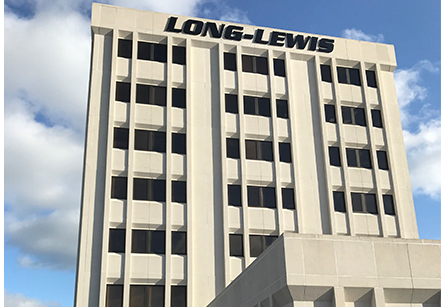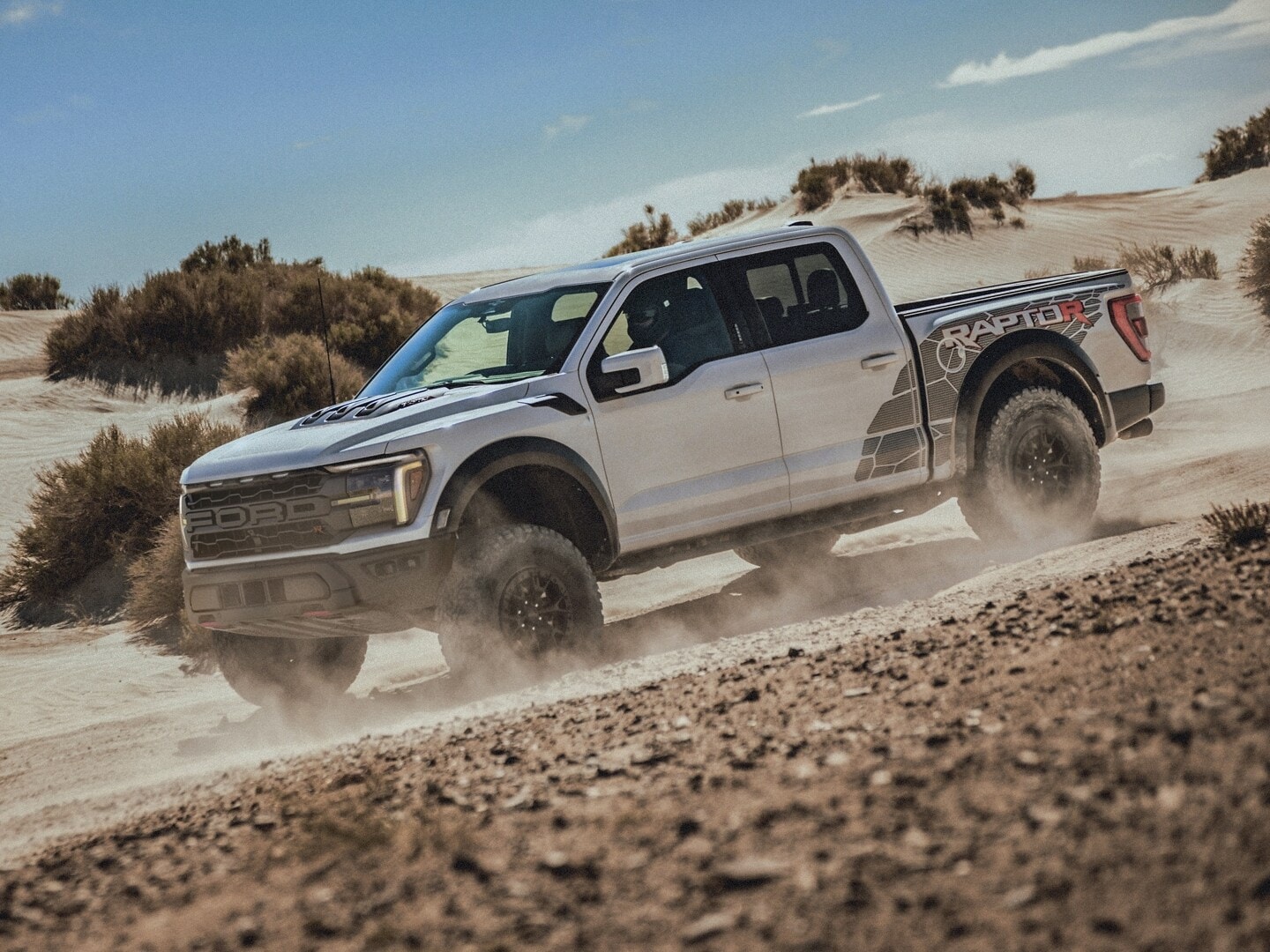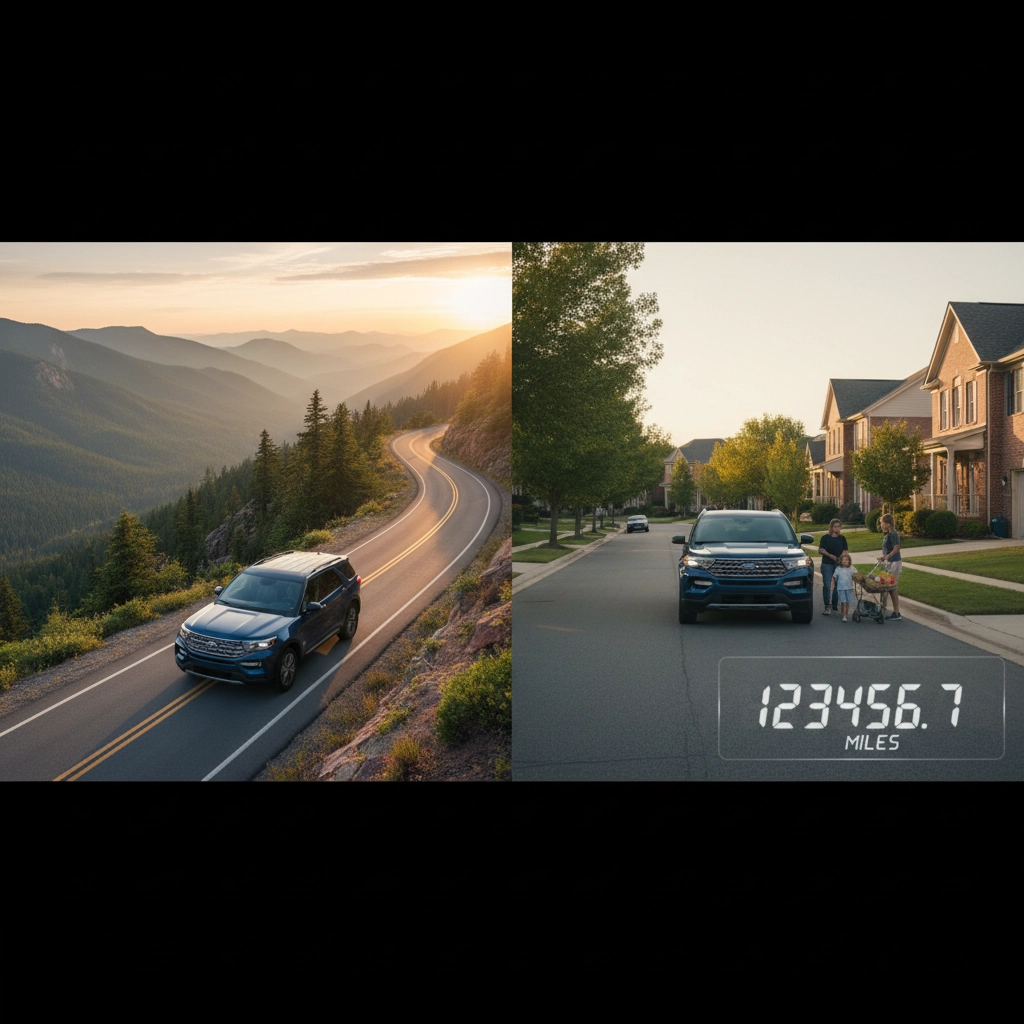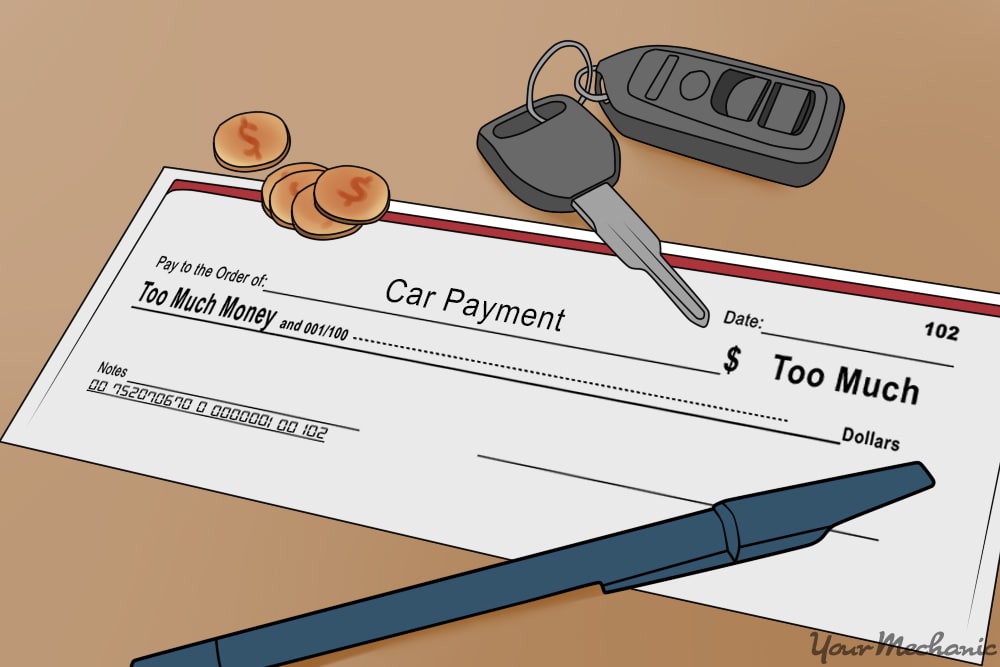Buying vs Leasing Your Next Ford: Which Is Better for Muscle Shoals Drivers in 2025?

When you're shopping for a new Ford in Muscle Shoals, you've got two main options: buy it or lease it. Both choices have their perks, and the right one depends on how you drive, your budget, and what matters most to you.
Let's break down the differences so you can make the best decision for your situation.
What's the Deal with Leasing?
Think of leasing like renting a car for a few years. You make monthly payments, but you don't own the vehicle. When the lease is up, you return it to the dealership and can get into something new.
Lower Monthly Payments
The biggest draw for most folks? Your monthly payment will be way lower. We're talking about payments that can be 25-50% less than if you were financing the same truck or SUV. That's because you're only paying for the depreciation during your lease term, not the whole value of the vehicle.
Less Money Upfront
Most lease deals don't require a big down payment. Sometimes you can drive off the lot with just your first month's payment and some fees. Compare that to buying, where you might need several thousand dollars down.

Always Driving Something New
Love that new car smell? With leasing, you can get into a brand new Ford every 2-3 years. That means you're always driving the latest F-150, Explorer, or Bronco with the newest safety features and technology.
Warranty Coverage
Since you're typically driving a newer vehicle, most of your repairs will be covered under Ford's factory warranty. That's one less thing to worry about.
Why Buy Instead?
Buying means you're financing the vehicle and will own it once you pay it off. It's the traditional way most people think about getting a car.
It's Yours to Keep
The biggest advantage of buying? Once you make that final payment, the truck is yours. No more monthly payments, and you've got an asset you can sell or trade whenever you want.
Drive As Much As You Want
Leases come with mileage limits, usually around 10,000 to 15,000 miles per year. Go over that, and you'll pay extra fees. When you buy, drive as much as you want – whether that's daily trips to Florence or weekend adventures in Tennessee.
Build Equity
With purchasing, every payment you make goes toward owning something. After a few years, your Ford will have value that belongs to you, not the leasing company.

Customize However You Like
Want to add a lift kit to your F-250? Tint the windows on your Escape? When you own it, you can modify it however you want. Lease vehicles need to be returned in original condition.
The Money Side of Things
Let's talk numbers. Here's how the costs typically stack up:
Monthly Payments
- Leasing: Lower payments, but they never end if you keep leasing
- Buying: Higher payments, but they stop when the loan is paid off
Down Payment
- Leasing: typically $0 or first payment & taxes
- Buying: $0 up to the entire OTD price
Long-term Costs
- Leasing: If you lease for 10 years straight, you'll spend more than buying
- Buying: Cheaper if you keep the vehicle for 5+ years
Maintenance
- Leasing: Usually covered under warranty
- Buying: Your responsibility once the warranty expires
Which Option Fits You Best?
Leasing Makes Sense If You:
- Like having lower monthly payments
- Want to drive the newest Ford models with latest tech
- Drive less than 15,000 miles per year
- Don't want to deal with selling or trading
- Prefer predictable costs with warranty coverage
- Own a business and can potentially write off lease payments
Buying Is Better If You:
- Plan to keep your Ford for many years
- Drive a lot for work or pleasure
- Want to build equity in something you own
- Like the freedom to modify your vehicle
- Don't mind handling maintenance after the warranty
- Want the option to sell whenever you choose
What About Muscle Shoals Drivers Specifically?
Living in our area, there are some specific things to consider. If you're commuting to Florence, Huntsville, or even Birmingham regularly, you might rack up miles quickly. That could make buying a better choice.
On the flip side, if you mainly drive around town and want access to the latest models, leasing could save you money while keeping you in something reliable.
Many folks around here keep their vehicles for a long time – and that's where buying really shines. A well-maintained F-150 can easily run for 200,000+ miles, making it a great long-term investment.
Real-World Example
Let's say you're looking at a new Bronco. The lease payment might be around $500 per month, while financing the same vehicle could cost $750 per month. Over three years, you'd save about $9,000 in payments with the lease.
But here's the thing – after those three years, you'd need to start over with a new lease or buy something else. If you had purchased that Bronco, you'd still have several years of payments, but then you'd own a vehicle worth thousands of dollars.

Making Your Decision
The truth is, there's no universal "right" answer. Both options work great for different people.
If you value always having something new and want lower payments, leasing could be perfect. If you want to build equity and plan to keep your Ford for a long time, buying makes more sense.
Think about your driving habits, budget, and long-term plans. Are you the type who likes to switch vehicles every few years, or do you prefer to drive something until the wheels fall off?
What's Next?
Ready to explore your options? Stop by and we can run the numbers on both leasing and buying for any Ford that catches your eye. We can show you exactly what each option would cost and help you decide what makes the most sense.
Whether you choose to lease or buy, the important thing is getting into a reliable Ford that fits your needs and budget. Both paths can get you there – it's just a matter of picking the one that's right for your situation.
The perfect Ford is waiting for you, whether you decide to lease it or make it yours forever.

Comments
Post a Comment